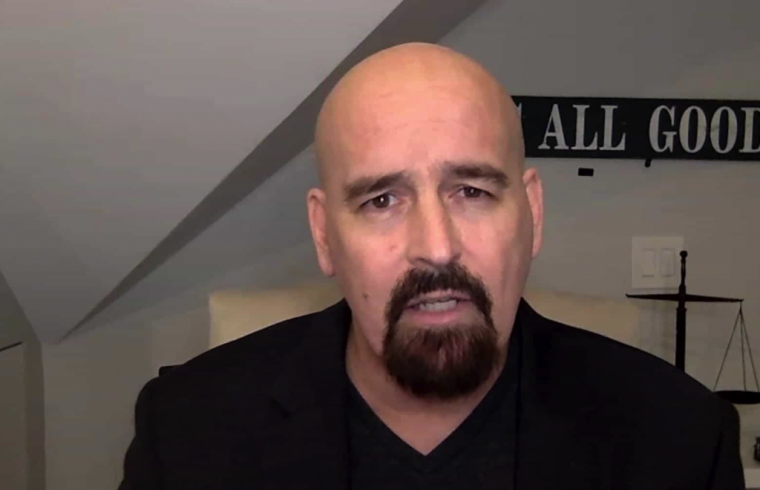John Deaton has emerged as a key figure in challenging the U.S. regulatory approach to cryptocurrencies, particularly through his involvement in the SEC v. Ripple case.
John Deaton, a Swansea attorney known for his support of cryptocurrency, is contemplating a run as a Republican in the upcoming US Senate race against Democrat Elizabeth Warren, as reported by the Boston Globe. This information comes from two GOP insiders familiar with Deaton’s intentions. Jim Conroy, a former advisor to Republican Governor Charlie Baker, is working with Deaton and confirmed that Deaton is seriously considering entering the race, with a decision expected soon. Deaton has yet to comment on this development.
If Deaton decides to run, at 56 years old, he would be the first significant Republican contender against Warren. His background as a cryptocurrency advocate contrasts sharply with Warren, who is a critic of the cryptocurrency industry and advocates for stricter regulation. Deaton has previously criticized Warren’s stance on cryptocurrency, highlighting a potential campaign focus.
Deaton’s journey from Highland Park, Michigan, to the potential Senate race includes a notable personal and professional history. He served in the US Marine Corps, graduated from law school, and has represented asbestos victims through his law firm. His interest in cryptocurrency led him to file an amicus brief in a high-profile SEC lawsuit against Ripple Labs, advocating for reasonable regulation in the cryptocurrency industry.
With Warren being a strong incumbent in a Democratic-leaning state, Deaton’s potential candidacy could still pose a challenge, especially given Warren’s less favorable view ratings among Massachusetts residents. Republicans see this race as an opportunity not only to contest Warren’s seat but also to limit her national fundraising efforts.
John Deaton, a leading XRP community figure during the SEC v. Ripple lawsuit
John Deaton has emerged as a key figure in challenging the U.S. regulatory approach to cryptocurrencies, particularly through his involvement in the SEC v. Ripple case. His efforts focus on advocating for the rights of digital asset holders and pushing for clarity in the regulatory landscape that governs cryptocurrencies.
Deaton’s involvement in the SEC v. Ripple case has been pivotal. As an attorney, he represented thousands of XRP token holders who sought to participate in the legal proceedings as amici curiae. This status allowed them to offer a “meaningful perspective” on the case, highlighting the impact of regulatory actions on individual investors and the broader cryptocurrency market. His efforts underscored the need for regulators to consider the viewpoints of a broader range of stakeholders in the crypto space.
His public statements and legal filings have consistently argued against what he perceives as regulatory overreach by the SEC. Deaton has compared the SEC’s actions against Ripple and XRP to other instances where he believes regulatory bodies have exceeded their authority. By drawing parallels with cases like West Virginia v. EPA, Deaton has positioned the Ripple case within a broader narrative of regulatory overreach, suggesting that the SEC’s approach to cryptocurrencies might be part of a larger pattern of behavior that stifles innovation and harms investors.
The recognition of Deaton’s work by the International Congress of Blockchain Legal Advisors (ICBLA) with the Defender of Freedom Award highlights his impact beyond just the Ripple case. This award acknowledges his broader contributions to defending the crypto community against what he and many others see as unjust regulatory actions. His advocacy extends beyond legal arguments; he actively engages with the community through social media and other platforms, raising awareness and rallying support around critical issues facing the cryptocurrency industry.












